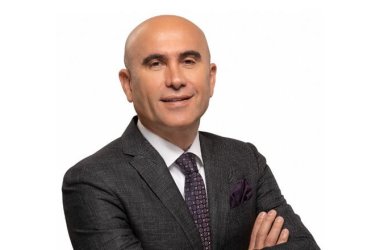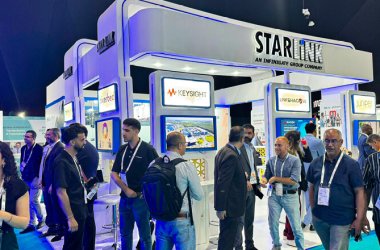Ian Jones, Global SVP for Professional & Education Services at F5 has declared that we cannot allow the new world of hybrid working to kill our curiosity. 
In the ongoing debate about hybrid work, we hear a lot about communication, collaboration, and culture.
People ask how effectively teams can work together, onboard new members, and deliver complex projects when there is less time spent under the same roof.
All of that is important and worthy of discussion. But when I think about my own career and what has driven it, another word comes to mind: curiosity.
When I started out as a field engineer, being sent to customers’ offices to fix devices, I would have said the job was entirely about the technical work. Could I solve the problem and resolve what wasn’t working?
Yet, when I went into management and had to oversee people doing my previous job, I started to see a more complicated reality. This is when I learned one of my most important lessons: the real job is not to fix the device, but to connect with the customer and add value by being curious and showing initiative. There’s always more to a job beyond words on a spec sheet.
I started to realise the importance of looking beyond the end of your own nose at work, not simply taking a brief literally, but understanding how it fits into the wider tapestry of a project, a customer relationship, or a business objective. What, if anything, can you do to make each other’s lives easier?
Of course, systems, processes and hierarchies are important, but they also rely on people who are willing to colour outside the lines, to look for a more efficient or intuitive way to solve a problem and deliver an objective. So much business success arises from how people align and work in ways that may have been unforeseeable when the original plan was created, and resources allocated.
This kind of human interactivity is vital and almost impossible to impose from the top down. It relies on curiosity– to see the bigger picture, point out problems others may be missing or working around, and ask where help is needed.
I do worry that hybrid working may inadvertently limit our ability to work in this way. Physical distance tends to force us into smaller teams with narrower fields of vision, focused on our own practice area.
We hold meetings and tick off items on the to-do list as efficiently as before, possibly more so, but our peripheral vision of what is happening above, below, and around is inevitably impaired.
It is important to not let the day-to-day advantages of remote working detract from building teams that feel fully attuned to the rest of the organisation. To know what others outside their team or department are doing, and how their own work fits in. Understanding all the pieces of the puzzle is always beneficial to individual careers and organisational health.
So often it is curiosity that brings us together and helps us to work more effectively. It is a precious, career-making asset we must nurture – now more than ever.





